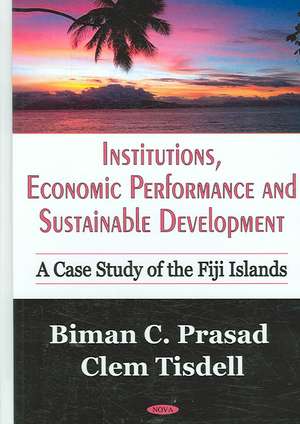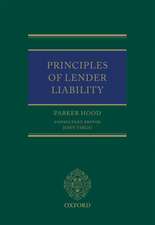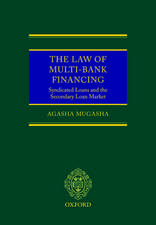Institutions, Economic Performance and Sustainable Development
Autor Biman C. Prasad, Clem Tisdellen Limba Engleză Hardback – 19 dec 2006
Preț: 966.37 lei
Preț vechi: 1318.81 lei
-27% Nou
Puncte Express: 1450
Preț estimativ în valută:
184.92€ • 197.74$ • 154.18£
184.92€ • 197.74$ • 154.18£
Carte disponibilă
Livrare economică 28 martie-11 aprilie
Preluare comenzi: 021 569.72.76
Specificații
ISBN-13: 9781600210884
ISBN-10: 1600210880
Pagini: 278
Ilustrații: tables & charts
Dimensiuni: 187 x 264 x 23 mm
Greutate: 0.82 kg
Editura: Nova Science Publishers Inc
ISBN-10: 1600210880
Pagini: 278
Ilustrații: tables & charts
Dimensiuni: 187 x 264 x 23 mm
Greutate: 0.82 kg
Editura: Nova Science Publishers Inc
Cuprins
Preface; The Social and Economic Position of Fiji in the South Pacific and Global Context: The Relevance of this Case Study; An Overview of Recent Developments in the Political Economy of Fiji; Why Institutions Matter for Economic Performance and for Sustainable Development; Economic Performance and Poverty in Fiji; The Institution of Property Rights in Land: An Economic and Political Dilemma; Institutional Constraints to the Sugar Industry: Can it Survive in Fiji?; Institutions, Rent Capture and Forest Management; Institutions and Tourism Development; Institutions and the Conservation and Management of the Environment in Fiji; Challenges and Prospects for Fiji: Some Issues in Retrospect; Index.










